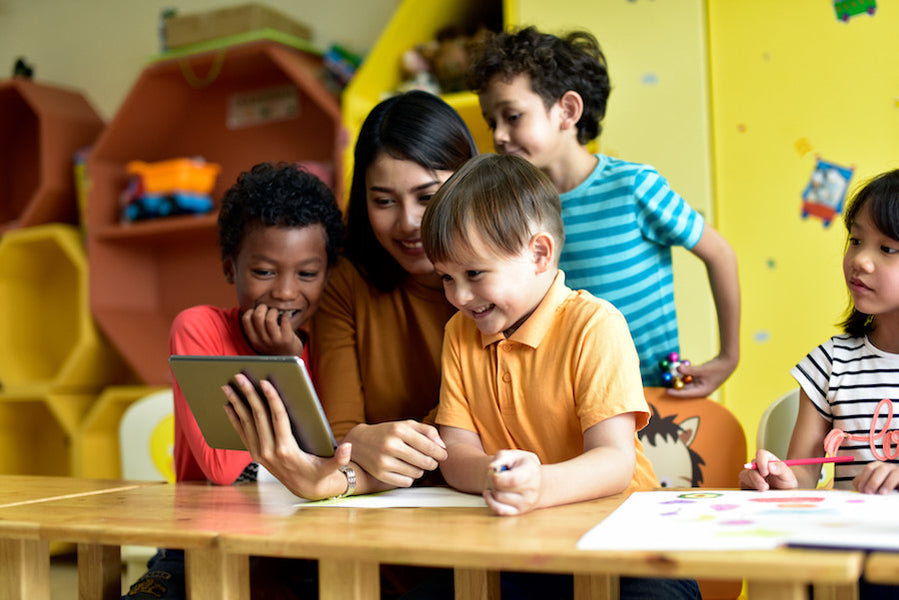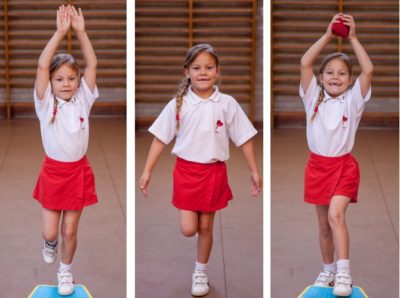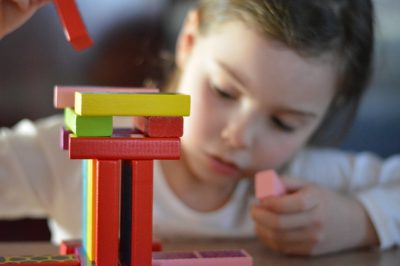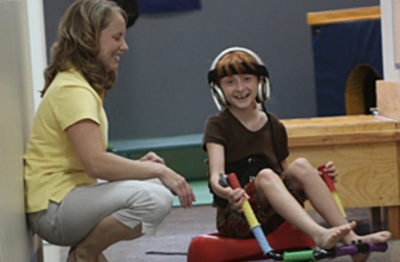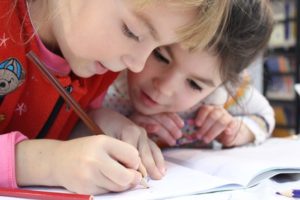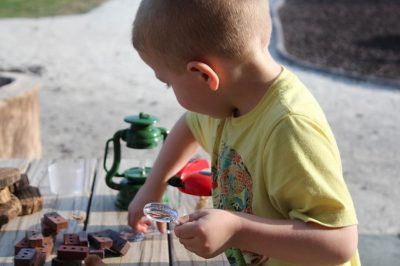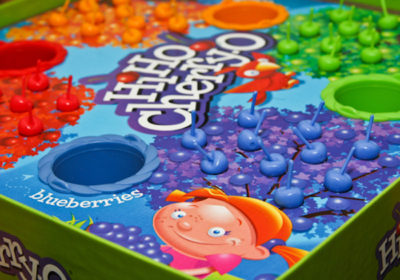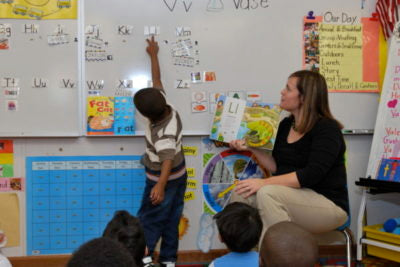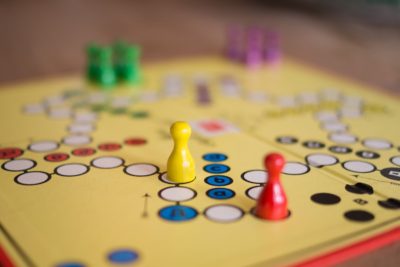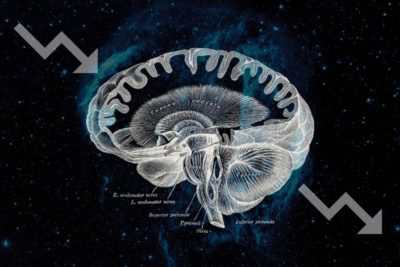Research -- StepUp to Learn
Kindergarten difficulties may predict academic achievement across primary grades
New research suggests deficits in executive functions in kindergarten increase the risk for experiencing repeated academic difficulties in mathematics, reading and science from first to third grade.
Case Study: Developmental Coordination Disorder
Emily is an eight year old in the third grade at a private school. She does not receive any special education services through the local school district. Emily was conceived as a result of in vitro fertilization and carried to full term. Developmentally, Emily was a late walker and an early talker. Significant health history includes fracturing the tibia at 12 months of age and again at 4. At birth she was diagnosed with Lordosis (curvature of the spine) and the presence of a sacral dimple. Emily had a few ear infections between the ages of 1 and 2 at which time she was considered for tubes.
Block play could improve your child’s math skills, executive functioning
Semi-structured block play among preschool-age children has the potential to improve two skills – mathematics and executive functioning – critical to kindergarten readiness, according a new study by Purdue University researchers.
NeuroNet Success Stories: KidSense Therapy
Marcia Washington, OTR/L, has been practicing pediatric occupational therapy for more than 10 years. She is the owner of KidSense Therapy, a sensory clinic providing occupational therapy for children birth to age 18 years in Pontotoc, Mississippi. We recently had the chance to catch up with Marcia and ask her about her experience using NeuroNet programs in her therapy practice:
Changing students' attitudes to mathematics improves test scores
Study shows for first time that a free, online course can change students' mindsets towards their mathematical abilities, leading to increased academic achievement
Want to help your child succeed in school? Add language to the math, reading mix
Research shows that the more skills children bring with them to kindergarten - in basic math, reading, even friendship and cooperation - the more likely they will succeed in those same areas in school. Hence, "kindergarten readiness" is the goal of many preschool programs, and a motivator for many parents. Now it's time to add language to that mix of skills, says a new University of Washington-led study.
Curiosity is key to early childhood success in math and reading
Curious children are better able to grasp basic math and reading, according to a new study investigating a possible link between curiosity and early academic success among young children.
Early numeracy performance of young kids linked to specific math activities at home
Counting, sorting and simple sums: More math activities at home might boost kids' early number processing and calculation skills.
Intentional teaching makes the biggest impact on early childhood outcomes
A comprehensive review of research on several measures of the quality of early childhood education suggests that the instructional practices of preschool teachers have the largest impact on young children’s academic and social skills. The review helps untangle a complicated knot of factors that affect young children.
Engaging children in math at home equals a boost in more than just math skills
Preschool children who engage in math at home with their parents not only improve their math skills, but also their general vocabulary, according to research from Purdue University.
Tablet computers during math lessons may help increase the quality of teaching
KFU’s invited professor Andreja Istenic Starcic is a widely known expert focusing on questions of teaching, development, implementation of teaching technologies, and innovative concepts for various groups of people with learning difficultie
Brain activity buffers against worsening anxiety
Boosting activity in brain areas related to thinking and problem-solving may also buffer against worsening anxiety, suggests a new study by Duke University researchers.

